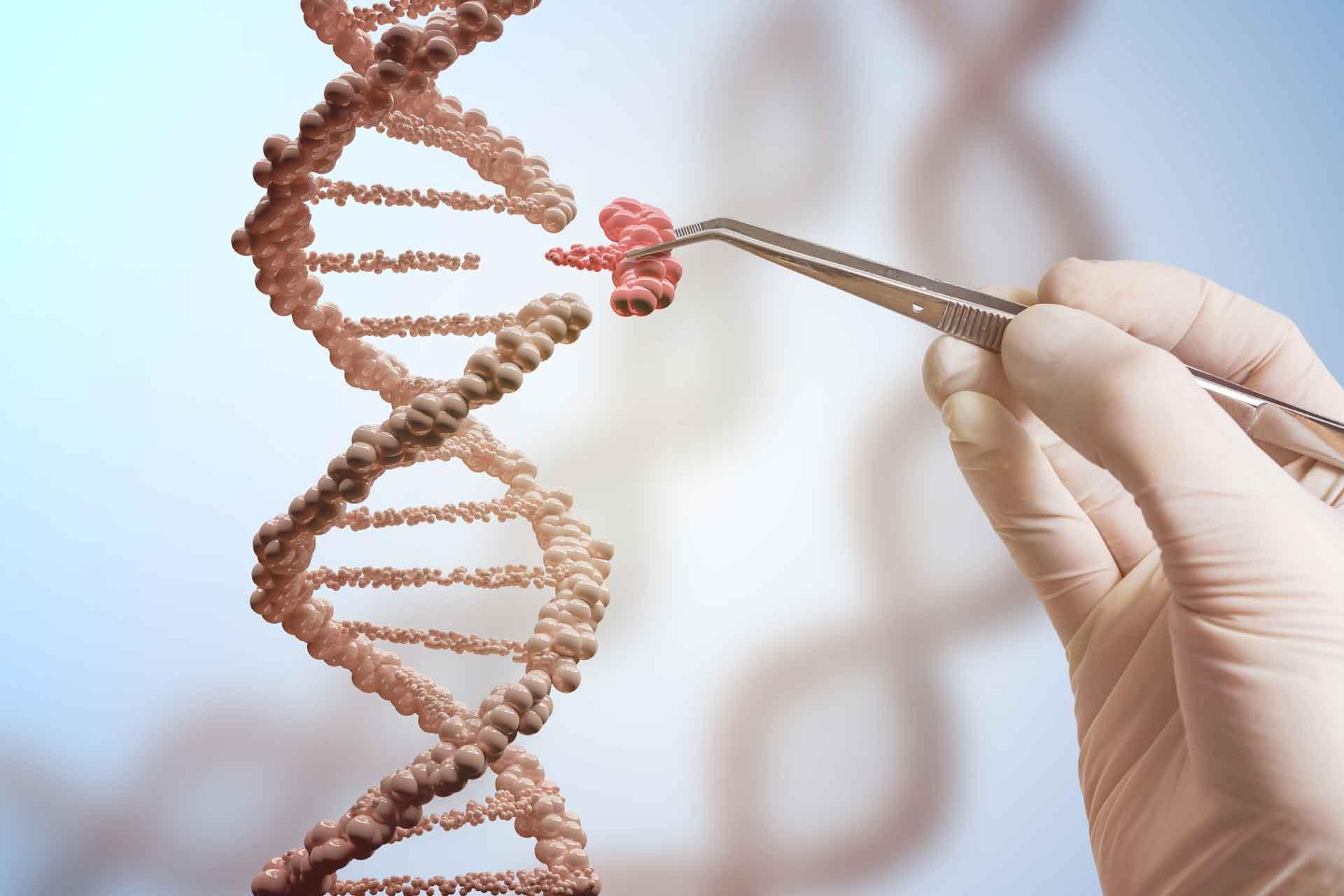A conference showcasing the exciting potential of genetics as a tool for disease control is taking place in Cambridge this week - the first event of its kind to be held in the UK.
Jointly organised by scientists from The Pirbright Institute, The Roslin Institute and Uppsala University in Sweden, the agenda features international specialists working at the interface between genomics (the study of genomes – the hereditary information contained in an organism’s DNA), genetic engineering and the study of livestock diseases. This new conference is being funded by, and is part of, the Wellcome Genome Campus Advanced Courses and Scientific Conferences programme.
`Animal Genetics and Diseases` (AGD) is being held at the Wellcome Genome Campus from 20 to 22 September 2017. It will highlight breakthroughs in new technologies that are rapidly increasing scientists’ understanding of the fundamental role that genetics play in infection and the transmission of disease, and how this affects livestock productivity and food supplies.
Experts from Pirbright, including event co-organiser Dr. Mark Fife, with Professor John Hammond and Dr. Linda Dixon are speaking, together with scientists from Europe and the United States, including keynote speaker Professor Peter Parham from the Departments of Structural Biology & Microbiology and Immunology at the Stanford University School of Medicine, USA.
Commenting on yesterday's keynote lecture, Dr. Mark Fife said: “Peter Parham’s plenary at the inaugural AGD conference provided an excellent account of his research on proteins of the human immune system that vary greatly between individuals and populations; research that has spanned nearly 50 years.
“These genetic differences - the consequence of natural selection, not only modulate the immune response to infection and cancer, but also influence the success of reproduction and therapeutic transplantation of cells, tissues and organs.
“Peter shared the pitfalls and challenges of this research and very clearly put it in context of the research we are now embarking on for livestock species. It was a superb start to the conference which has featured excellent talks from speakers invited from around the world, and we're looking forward to the presentations to come.”
Sessions during the conference will cover a variety of issues including, the genetics controlling the immune response and disease resistance; the potential of genetically engineering livestock, including genome editing; the evolution of pathogens and the societal issues and challenges - including animal welfare and regulation.
